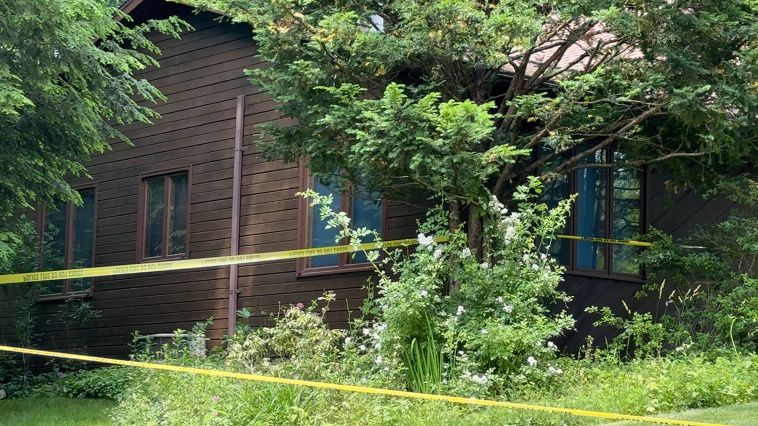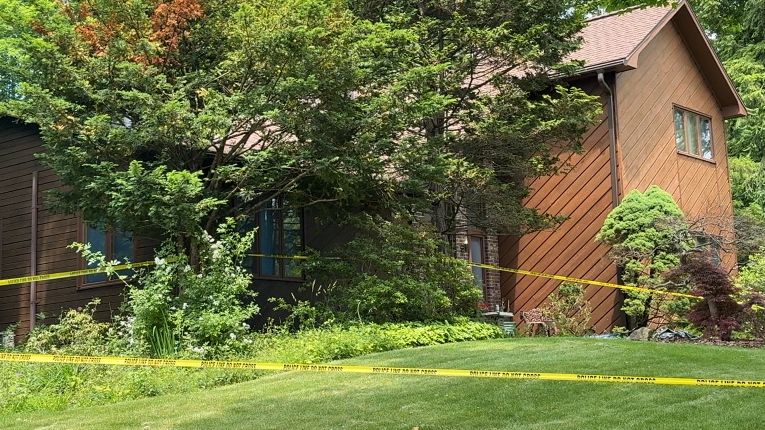As domestic violence cases increase because of the COVID-19 pandemic, Ulster County is expanding a program aimed at preventing offenders from re-offending.
“Domestic Violence is maybe a third of our entire caseload here in Ulster County. It is a scourge on family structure, it's a scourge on relationships, a scourge on community members. And so, whatever is effective that's what we want to do I believe in the focus deterrence approach,” says Ulster County District Attorney David Clegg.
Ulster is the only county in the state to implement the program.
Since taking office at the beginning of the year, DA Clegg and his staff have been committed to helping decrease domestic violence cases in the community, and to do this he has assembled a coalition of partners to create the county’s Intimate Partner Violence Intervention Task Force.
“What we aim to do is identify the most violent and prolific intimate partner violence offenders in our community, and through clear and concise messaging to them. And along with a victim, a parallel victim support component, hone in on those offenders who are the most violent and who are the most chronic, and use law enforcement actions to remove them from our community. So that they cannot continue to offend,” says Elizabeth Culmone-Mills, Ulster County's senior assistant district attorney.
The program, developed by the National Network for Safe Communities at John Jay College, intervenes early on with domestic violence offenders.
“At the first incident, right, to have a domestic relations incident that comes to the knowledge of the law enforcement community. So, we start here at the very lowest level of some kind of abuse, and we let people know that you're not going to continue this, because the community says, 'Stop it.' And we also say, if you need help, if you need treatment, if you need some guidance, you need some mentor, whatever you need. We'll try and get it to you,” says Clegg.
Officials say the program eases the burden on those who come forward to report domestic violence.
“We believed that we need to focus in on the offender, hold the offender accountable, while providing victim support during that process and removing the onus from the victim and putting that onus on the criminal justice system we are the ones who are holding this offender accountable,” says Culmone-Mills.
The program uses a tiered classification system that works parallel to criminal prosecution.
“We're trying to address the underlying issues that are causing the violence in the home, whether it be mental health issues, whether it be employment issues, whether it be offenders who have experienced significant trauma in their own lives,” says Culmone-Mills.
“We sat in a room with five people, including the DA, telling these offenders that one, we're taking this very, very seriously. And unfortunately for you if this happens again, I'm going to have to do the very worst I can to you, because we cannot accept this behavior. At the same time, we have a community-wide indication to them that we don't want this to happen again we want to help you if we can,” says Clegg.
Ulster is the only county in the state to implement the program, and after seeing an increase in chronic offenders re-offending with heightened violence during the pandemic, the DA decided to expedite its expansion from Kingston into Saugerties.
Clegg hopes to fully implement the program throughout the entire county within the next year.









